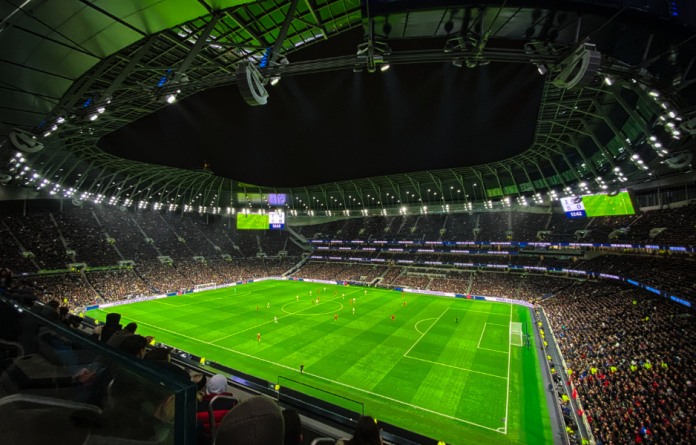The focus on gambling sponsorships in football has intensified, particularly in Europe, though Brazil seems to be emerging as a hotspot for these agreements.
Currently, only two teams in Brazil’s Serie A don’t have a betting brand as their primary sponsor, while in the second division, 70% of clubs are partnered with sportsbooks.
While these figures highlight strong support from the gambling sector for Brazilian football, they also raise concerns about sustainability, especially if Brazil’s government follows the trends seen in Europe in recent years.
SBC Noticias explored this issue during a panel at the recent SBC Summit Rio, featuring Fábio Wolff, Director of Wolff Sports and Marketing, Henrique Gutierres, CMO at Vasco da Gama Saf, and Marcos Senna, Marketing Director of Flamengo.
As reported by the publication, Wolff emphasised the critical role of the gambling industry in Brazilian football, noting that 108 clubs have secured sponsorships with companies in the sector.
He said: “Brazilian football today cannot be sustained without the betting industry. Bookmakers invest amounts 15 times higher than companies in other segments.”
Gambling companies are ideal partners for sports organisations, given their products’ strong connection to the industry. Sponsorships are also proven to be highly effective for sportsbooks, not only boosting exposure, but also enabling companies to connect with a club’s fanbase.
Sportingbet, which became the master sponsor of Palmeiras in January, discussed this connection with fans in a recent interview with SBC Noticias.
Dimitri Araújo, Head of Marketing at Sportingbet, said: “I think it’s already happening. We organised a pool with ads for the fans. We always want to do great things, that vision not simply the conversion, bring to the platform.
“So, in the first of them, we thought about using the benefits that the contract brings us, and for example, promoting a moment with the Palmeiras stars. So right away we opened it up with this to try to bring something that the fans believe has value.”
A similar perspective was shared by Betano last year, which holds the title rights to Brazil’s Serie A and Serie B.
For these reasons, Brazil’s statistics mirror trends seen in European leagues, though the situation is starting to shift due to increasing pressure from governments and advocacy groups to limit gambling’s exposure to customers.
The Premier League has voluntarily decided to ban front-of-shirt sponsorships at the beginning of the 2026/27 season. In Belgium, the Kansspelcommissie (KSC), Belgium’s Gaming Commission, has implemented stricter rules on gambling sponsorships.
Given that Belgium and the UK have more mature gambling markets compared to Brazil, direct comparisons are not entirely fair. However, Brazil’s reliance on sponsorships from the gambling sector could become costly in the years to come.
Despite the actions taken in response to external pressure, Belgian clubs have been criticised for exploiting loopholes in the legislation, allowing them to continue partnering with gambling companies in the form of ‘infotainment’ agreements.
Additionally, the Premier League will still permit gambling sponsors on sleeves, training kits, and other branding around stadiums. This suggests that while change is underway, neither league is fully prepared to part ways with the revenue generated by betting brands.
That said, Brazil may find ways to protect these crucial sponsorship deals. For example, Premier League clubs have faced criticism for partnering with casinos and sportsbooks that aren’t available in the UK, offering little value to local supporters.
If Brazil can ensure that its clubs prioritise fan interests in these deals, it would already represent an improvement over the UK. Furthermore, by promoting responsible gambling, Brazil could avoid the backlash from advocacy groups lobbying for stricter regulations.
Don’t forget to subscribe to our Telegram channel!











